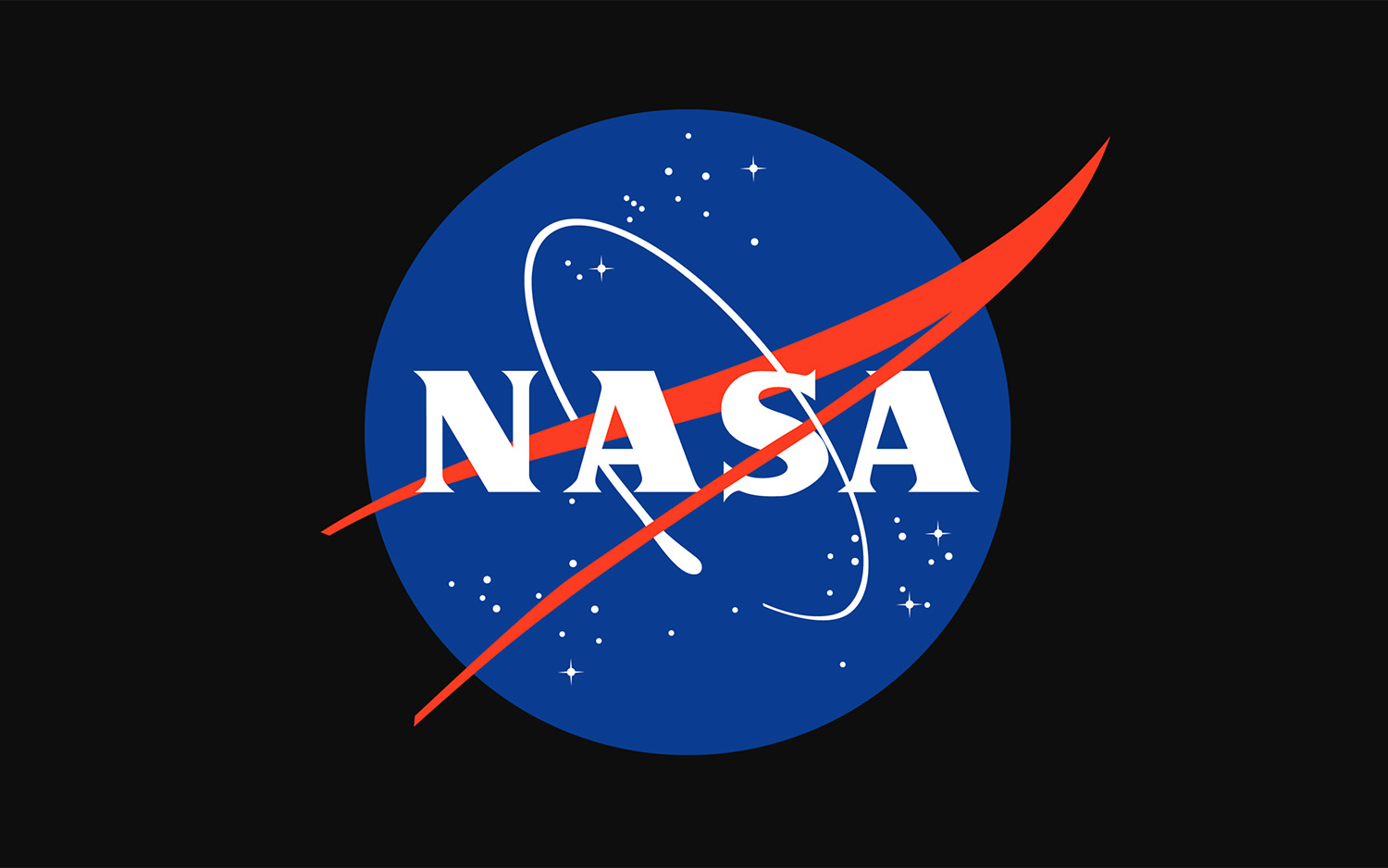NASA, An Introduction
NASA, short for the National Aeronautics and Space Administration, is a United States government agency responsible for conducting research and exploration in the field of space. Since its founding in 1958, NASA has played a vital role in advancing human knowledge of the universe and has inspired generations of scientists, engineers, and space enthusiasts.
NASA has a rich history of accomplishments and milestones, many of which have had a profound impact on society. Some of the most notable achievements of NASA include the Apollo missions to the Moon, the Hubble Space Telescope, the Mars rovers, and the International Space Station. Each of these missions has pushed the boundaries of what is possible and expanded our understanding of the universe.
The Apollo missions are perhaps the most famous of NASA's achievements. Between 1969 and 1972, NASA sent a total of 12 astronauts to the Moon, with six of them landing on its surface. The Apollo missions were a major accomplishment for NASA, demonstrating the agency's technical prowess and showcasing the potential of human space exploration.
NASA's Hubble Space Telescope, launched in 1990, has also been a major success for the agency. The telescope has made countless discoveries and observations, including the detection of exoplanets, the identification of dark energy, and the measurement of the expansion of the universe. The Hubble has helped scientists to better understand the universe and has provided stunning images that have captivated the public.
NASA has also made significant strides in the exploration of Mars. The agency has sent a series of rovers to the red planet, including the most recent Perseverance rover, which landed in February 2021. The rovers have been instrumental in collecting data and images from Mars, including evidence of past water on the planet's surface. NASA is currently planning a manned mission to Mars in the coming decades, which would be a major milestone in the history of human space exploration.
The International Space Station (ISS) is another major achievement of NASA. The ISS is a joint project between NASA and several other space agencies, including the Russian Federal Space Agency, the European Space Agency, the Japan Aerospace Exploration Agency, and the Canadian Space Agency. The ISS has been continuously occupied by astronauts since November 2000 and serves as a research laboratory for a variety of scientific experiments.
In addition to its achievements in space exploration, NASA has also made significant contributions to society in other areas. The agency's research has led to numerous advancements in technology, including improvements in aviation, communications, and medical technology. NASA has also been involved in disaster relief efforts, using its resources and expertise to help respond to natural disasters such as hurricanes and earthquakes.
Despite its many successes, NASA has faced challenges over the years. Budget cuts, changing priorities, and technical setbacks have all posed challenges to the agency. However, NASA has continued to persevere, and its accomplishments have inspired a new generation of scientists and engineers to pursue careers in space exploration.
Looking to the future, NASA has several ambitious projects in the works, including the Artemis program, which aims to return humans to the Moon by 2024. The agency is also planning missions to explore the outer planets and their moons, as well as new technology and initiatives to support space exploration.
In conclusion, NASA has had a profound impact on human knowledge and society over the years. From the Apollo missions to the Hubble telescope to the Mars rovers, NASA's achievements have expanded our understanding of the universe and inspired countless people to pursue careers in science and engineering. As NASA continues to push the boundaries of what is possible, it is sure to inspire even more discoveries and advancements in the years to come.


Comments
Post a Comment
Follow for more! If you have any doubts or suggestions, let us know!